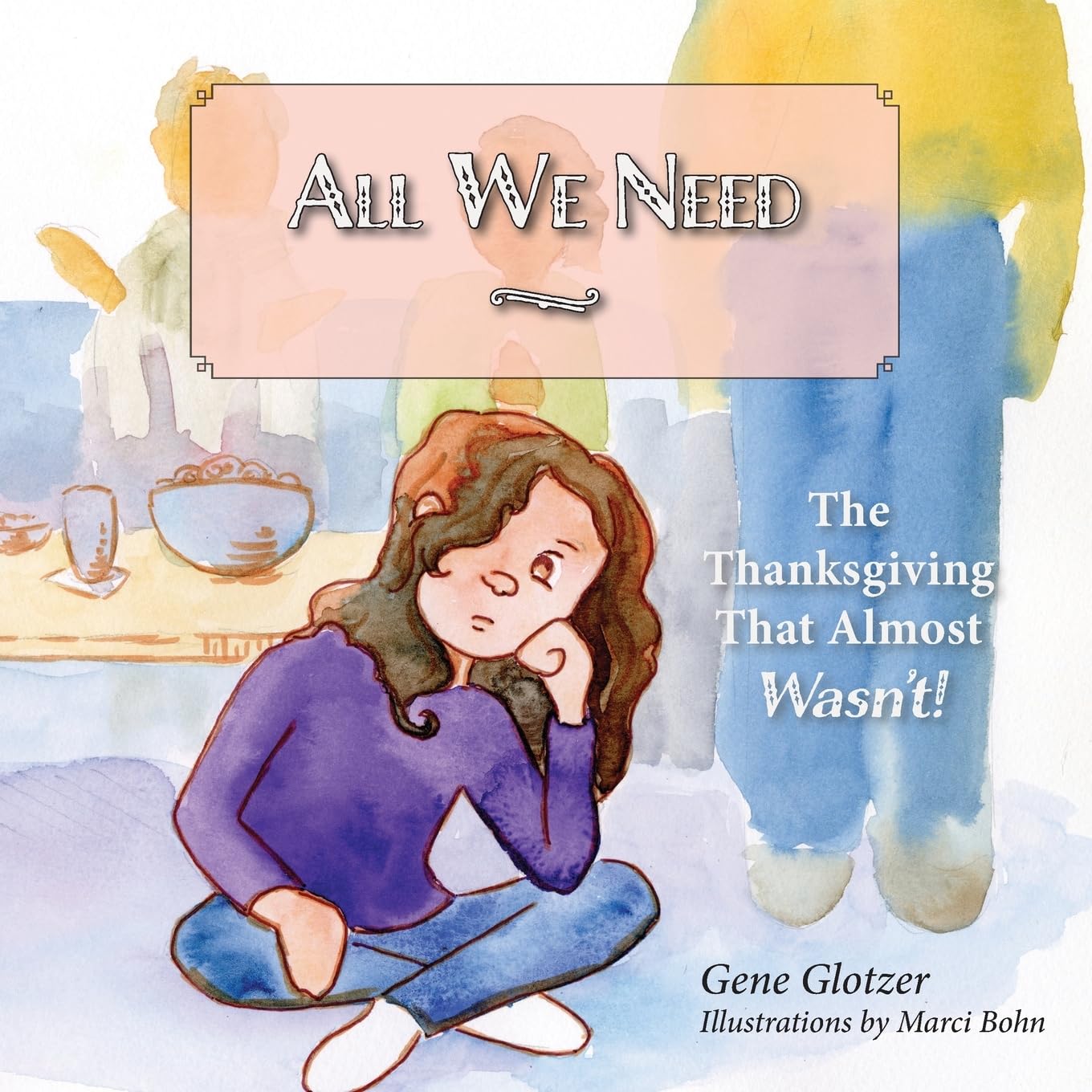
George Will is one of my favorite writers. I almost never agree with what he has to say (although, to be fair, I’ve been pleasantly surprised when we do agree), but I love the quality and arrogance of his style. Will isn’t particularly concerned if you understand the words he uses, and in fact, some of his readers have complained about it. That’s why I like Will, because I learn new words and ideas when I read him.
I also enjoy the format of his writing. The ability to make an argument, provide context and refute opponents in 750 words or less is impressive to me. I’m reminded of Blaise Pascal’s famous quote, “I would have written you a shorter letter, but I didn’t have the time.” I emulated my college essays on Will’s ability to get to the point quickly (and the irony is not lost on me that this piece is much longer than 750 words), so it’s no wonder that my first professional piece of writing would emulate him too.
The first piece of writing I had published was an opinion piece in the Hartford Courant in 2008. My politics were different, but my inspiration was Will. It was the beginning of a fruitful relationship: the Courant published me 3-4 times a year on a range of topics. The relationship went both ways, where I would submit to them and they would ask me to write about topical subjects. I was even invited to write featured Opinion pieces, such as my opinion piece following the Freddie Gray verdict. I got to know my editor by name and we got to know each other as more than just business associates.
My relationship with the Courant eventually led the opinion section of the paper to invite me in for an interview in 2016 for a full-time job. One of their staff members was leaving, and they thought I’d be good for the position. I made it through the first round of the interviews, and went on to meet with the paper’s publisher, Andrew Julien. Our interview went great. At the end he took me around the Courant, showing me the newsroom and letting me sit in on one of the staff meetings. He told me to give them a few weeks, and that they’d contact me soon. This was my dream job, working on the opinion page of not only a newspaper, but the paper of record for the state of Connecticut. And it came not a moment too soon, as I was in the process of flaming out at my job at Hartford Healthcare. I waited with anticipation every day for the call to come.
I did get a phone call from Andrew, but not the one I was expecting. In the week since our interview, a minor controversy had erupted when Dr. Shelly Best took a picture of a room full of white educators to point out the lack of diversity in educators in Hartford’s public schools. Andrew and a member of the paper’s opinion staff were calling to ask me to write an editorial about the picture, and to say that while Dr. Best may have had a good point, she used the wrong methods to convey it.
Before I continue, I want to point out the difference between an editorial and an opinion piece. An editorial is the official opinion of the editorial staff at a given publication. They are typically written by the editorial staff, but not always. In those cases, a freelance writer (such as myself) is hired to write the editorial. Our job is to put the editorial staff’s opinion in writing, and therefore these pieces are unsigned. This is in contrast to an opinion piece, which is the author’s opinion, and signed with the author’s name. I’ve mostly written opinion pieces, but I have written a few editorials from time to time when asked. I want that distinction to be clear, because it’s important for understanding what happened next. The Courant wasn’t telling me what to think, they were asking me to write down what they thought.
I declined the request. I told them that I would write anything else that they asked me to, but that I felt wrong about writing a piece which criticized a black woman, publicly, while she was trying to make a much-needed point about the lack of educators of color in Hartford. I told them I didn’t want to do it, even if my name wasn’t on it, because I would know that I was the one who wrote it. They said okay and that they understood.
The days turned to weeks, and the weeks turned to months. Still nothing about the job. I was eventually contacted by the Courant’s opinion staff again to write an opinion piece on some topic, and when I asked about the job, I was told that things were in flux. What had seemed like a surefire gig was now apparently not so sure. Out of frustration, I declined to write the other pieces as well. I was already a freelancer; I wasn’t looking for more freelance opportunities. I was looking for a job.
Two months later, I finally got the news. The position had been filled internally. I couldn’t really fault them for that. It must have been easier and cheaper to move someone over who was already an employee than to bring in someone completely new. But I was encouraged. I’d gotten into the final round of a job at the Courant. All I had to do was try again, and surely something would work out. So I tried. Every time a reporter job popped up at the Courant, I submitted my cover letter and resume. Again and again. I never seemed to get anywhere.
When another reporter job came open in late 2016, I pulled out all the stops. I reached out to every reporter I knew at the Courant, and asked them to put in the good word for me. I reached out to employees at other media companies, and asked them to lean on the Courant and basically say, “Hey, for a newspaper in a city that’s predominately black and brown, you sure have a lack of black and brown reporters. You could start to fix that by hiring Jamil!” I even asked people who weren’t involved in the media to help me out. I wanted this job. I needed a way into the Courant so that I could get back to the opinion section. I had been so close, all I needed was another chance.
All of the help amounted to nothing once again. But I did learn something very interesting. In all of my talking to various people about my attempts to get into the Courant, I learned that I would never work at the Courant because Andrew Julien disliked me. He believed that I had a chip on my shoulder. As I racked my brain to understand what could have changed after our excellent interview, I could only come back to one incident- my refusal to write the editorial about Shelly Best.
I don’t have any problem calling Andrew Julien a racist as a result of that exchange. It’s perfectly possible that he simply didn’t want to hire someone who said no to him on an assignment. Except that I was explicitly told during my interviews that if there was a piece I felt uncomfortable writing, that was fine, that there were enough other staff members or freelancers to handle that. “Chip on the shoulder” is a specific and racialized term too, especially in this context. It’s basically the new way of calling someone “uppity.” More to the point, the coverage of Dr. Best’s picture painted a very clear picture of the racial politics of Andrew Julien’s Courant. This is the editorial that was eventually published. One of the gems from it:
What made the post particularly controversial was that her selfie shot included, as one of the examples of the “folks talking about us,” Heather Zottola, who by all accounts has been a superb teacher devoted to the kids in her classroom for nearly a quarter-century. Ms. Zottola is part of the solution, not part of the problem. She was understandably crushed when she learned how her picture had been used.
Somehow, the hurt feelings of a white woman became the focus of the conversation. That’s the kind of shift in focus that could have been avoided if there were any people of color in the room to argue that the point wasn’t how a white woman felt, but instead that white women and men are determining the futures for thousands of kids of color, and often with negative effects. It would have been bad enough if it ended there, but the Courant then went on to publish a puff piece literally about the hurt feelings of Heather Zottola:
After the initial distress of seeing herself in the photo, Zottola said, it was scrolling through the comments that made her “really upset.” One of the first replies that a commenter posted was an old-timey photo of a little blond girl, her face scrunched up in disgust. It drew “likes” from eight people.
“I had to leave the room,” Zottola recalled. “And I left not for a long time. I talked to myself: ‘Just get over it, it doesn’t matter.’ I was, like, fighting with myself. ‘Should I be upset about this? Should I not be?’ I found, over time, I got more upset and more angry about it. And it was really more about the comments. … I felt it was snowballing.”
Or even more to the point, take a look at the staff directory of the Hartford Courant.
I haven’t written for the Courant since then. It took me two years to write this because I have alot of friends at the Courant, or who used to work there. I respect the work that they do, under difficult circumstances and distant corporate bosses who thought the name Tronc was a good idea. But I woke up this morning, thinking about writing jobs I could apply to. I remembered that I had the job I wanted, the job I’d earned through years of writing and building relationships with people, and that it was taken from me by a man who really doesn’t care about the same things I do. I woke up and realized that I was tired of carrying Andrew Julien’s water. I’m the best opinion writer in this state. Sure, I can help myself to feel better by saying that it’s their loss, but that doesn’t change the fact that it’s my loss too.










One thought on “How I Lost my Dream Job”